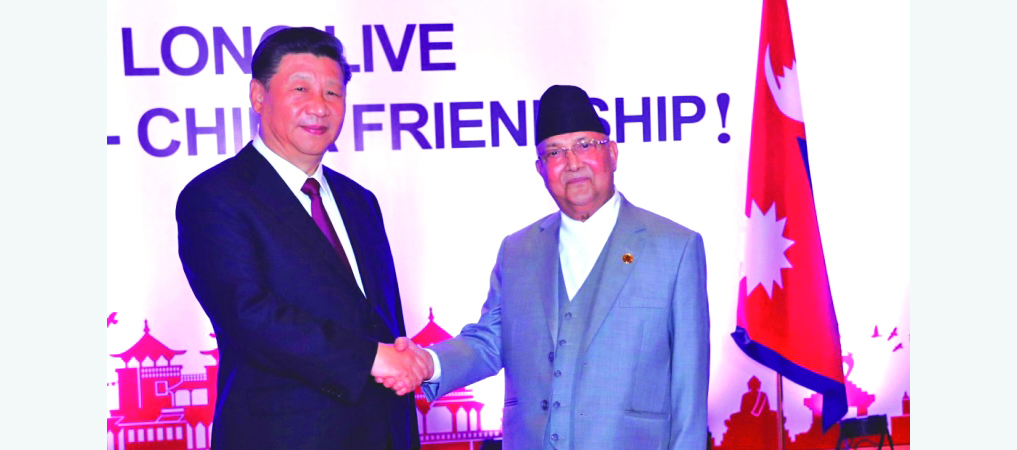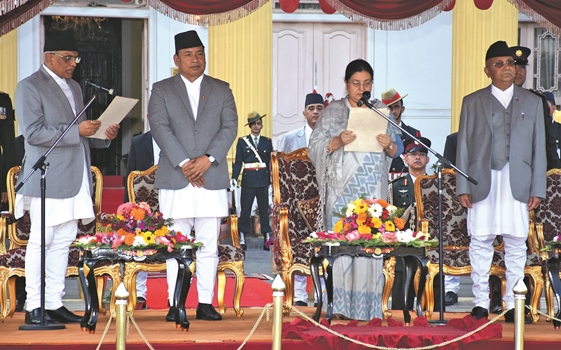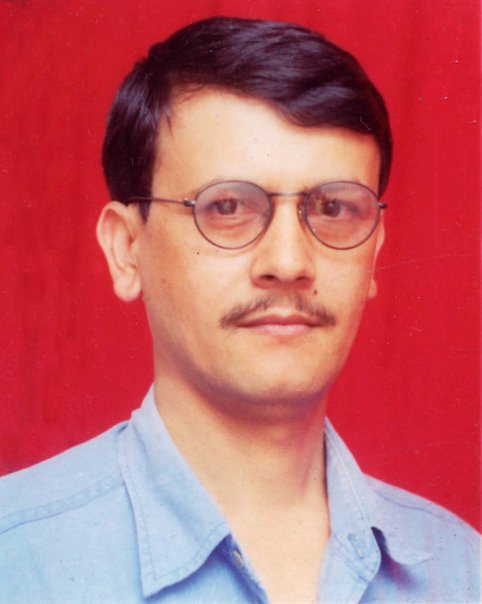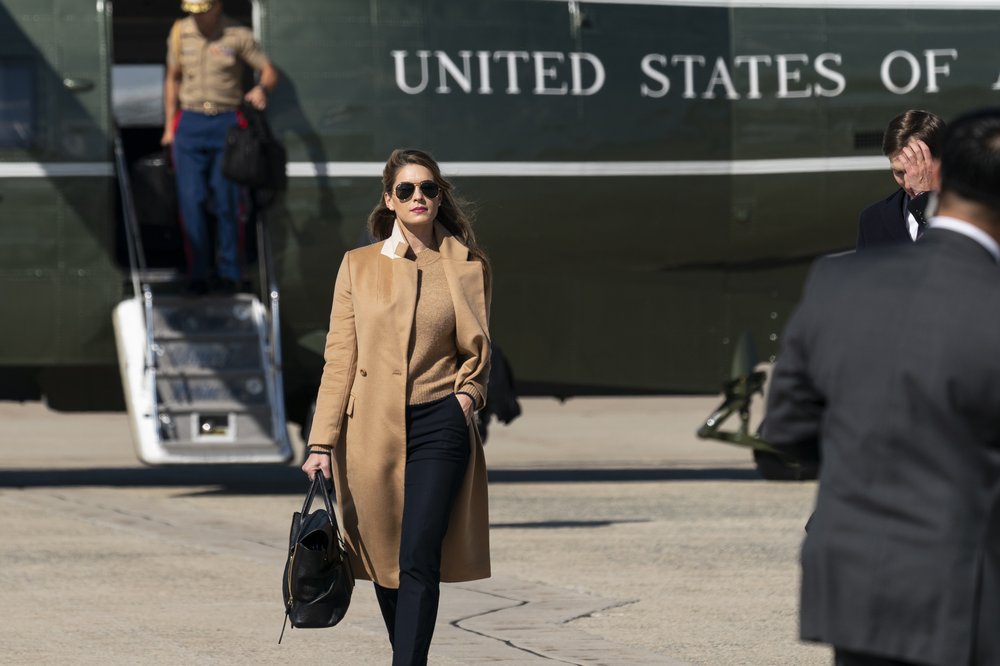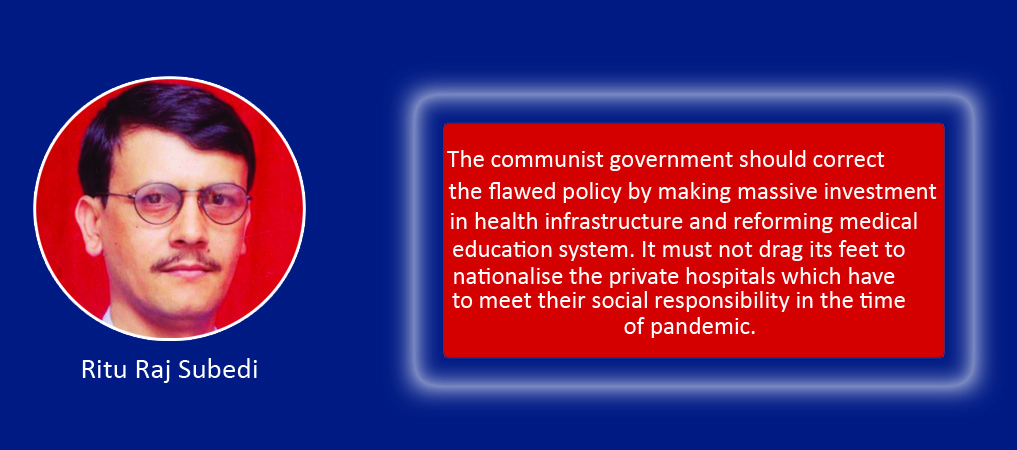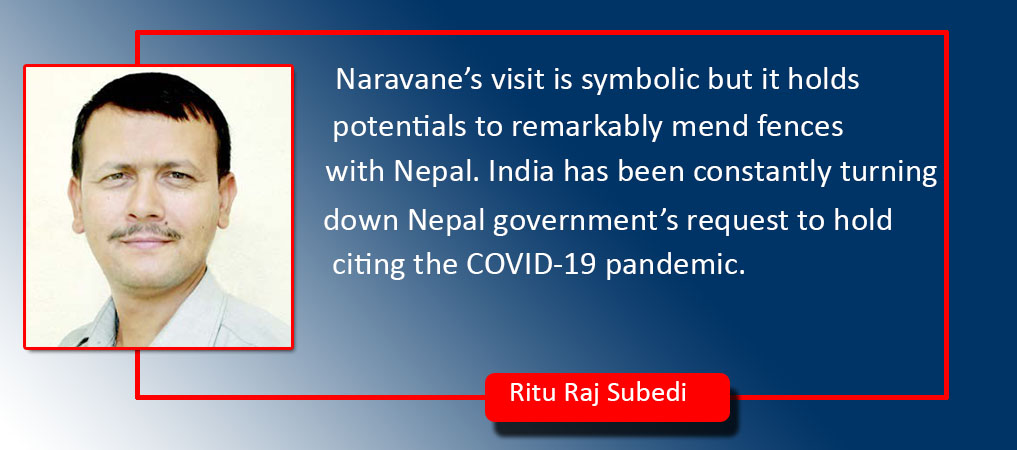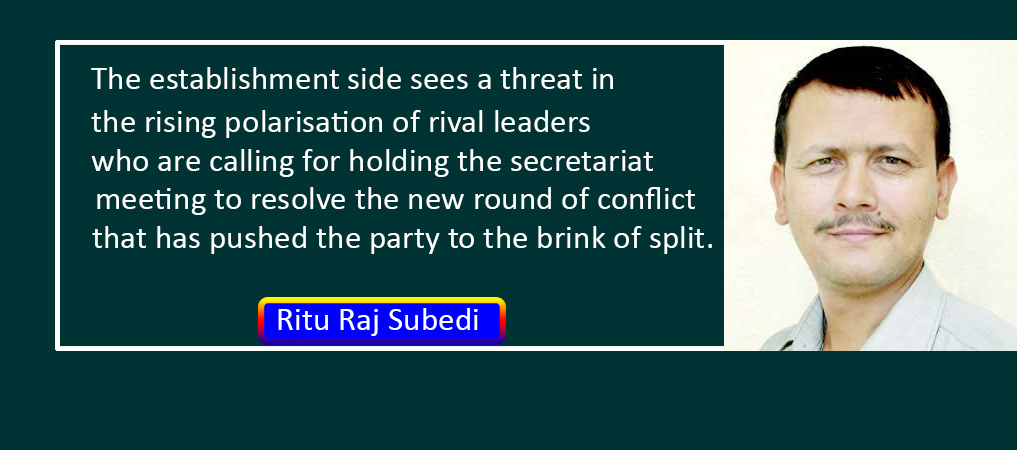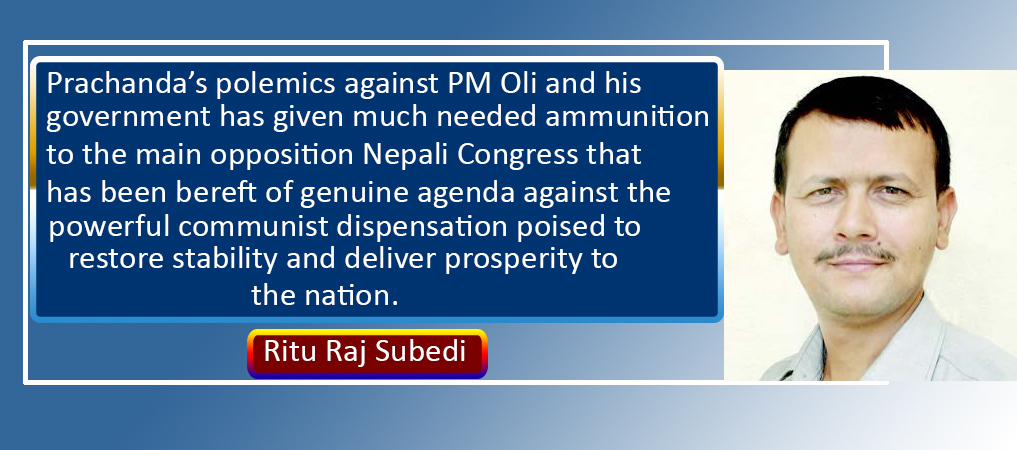Nation Awaits Political Cliffhanger

Ritu Raj Subedi
Nepal’s political crisis, triggered by the dissolution of the House of Representatives (HoR), is heading to its denouement. The meeting of restored HoR, slated for Sunday, is sure to produce cliff-hanger scenes. The Prachanda-Nepal faction of ruling Nepal Communist Party (NCP) is dead set to register a vote of no-confidence against Prime Minister KP Sharma Oli if he refuses to tender his resignation from his post. PM Oli is facing mounting pressure to quit after the Supreme Court reinstated the House, terming his move to dissolve it as unconstitutional. His nemeses within the divided party have questioned: How can he attend the parliament which he tried to strangle before allowing it to complete full term? Prachanda-Nepal faction is in constant touch with main opposition Nepali Congress (NC) and Janata Samajbadi Party (JSP) to form a new coalition by removing Oli.
Political blitzes
Last Friday witnessed a series of political blitzes. The day when Pushpa Kamal Dahal Prachanda was elected as the Parliamentary Party (PP) leader of the Prachanda-Nepal faction of NCP, PM Oli roped Netra Bikram Chanda Biplav-led Communist Party of Nepal (CPN) into the mainstream politics. Biplav, one of the close aides of Prachanda during the decade-long Maoist insurgency, decided to take a plunge into peaceful politics at a time when PM Oli is battling to secure his political career. Both sides have signed a three-point deal that led to the lifting of ban on the underground outfit. The government had outlawed it for its involvement in violent activities such as murder, arson, extortion, vandalism and abduction. One reason that forced the Biplav group to abandon his bellicose movement was its dwindling organisational strength. The government had taken much of the starch out of the Biplav group by arresting its over 2,000 workers and leaders. It has become urgent for him to embrace civilian path for its political survival.
Biplav, also the general secretary of his party, claimed that communists did not only engineer a mass revolt but could also act as the ‘emissaries of peace.’ His party has not given up the programme of unified people’s revolution and demand for a referendum on ‘scientific socialism.’ Despite his ambiguous posture, his entry into newly introduced federal system has added credence to the constitutional politics where all critical issues are sorted out through the democratic deliberations and discourse. Let’s hope that Biplav will not use the agreement with the government as a strategic gambit to accumulate power and reorganise his disarrayed organisation to restart another round of violent campaign. Some years back, the Oli government had scored a similar success by bringing CK Raut-led group into the mainstream, ending an ethnicity-driven separatist campaign in the southern plains.
Biplav’s acceptance of peaceful parliamentary politics has certainly provided the much-needed mileage to the PM but it can hardly lessen Oli’s political woes as the latter’s friends-turned-sworn enemies are pulling out all the stops to knock him off his pedestal. Nor did it provide a positive direction to the present political crisis that has threatened re-emergence of another cycle of instability. The two factions of NCP are flexing their muscles to lure as many party lawmakers as possible into their folds. Prachanda-Nepal faction has claimed that altogether 115 lawmakers from HoR and Upper House are with it. Of total 221 lawmakers, 111 are required to secure majority in the PP. The Oli-led faction has also claimed that it enjoys the support of majority lawmakers.
With his unanimous selection as the PP leader, Prachanda has again become the pivot of Nepali politics, a development that is anathema to the PM who has the habit of not easily submitting to his opponents - be they from inside or outside the party. Even Prachanda’s political persona is not above board. His frequent flippant remarks and mercurial character must be a matter of concern especially for former UML functionaries who are betting their political fortune on him. A few days ago, Prachanda dropped a clanger by stating that a coalition government comprising his faction of NCP, Nepali Congress (NC) and JSP would be ‘comfortable’ for India. The objectionable statement got him into hot water, with his central committee members grilling him over it at the CC meeting.
Amidst the fast-unfolding political scenarios, main opposition NC is sitting on the fence, forfeiting its own constructive role in resolving the political stalemate. What is most bizarre is its Machiavellian approach to the intense infighting within the ruling NCP. It is wishing for the formal split of NCP to increase its stakes in current situation. A functional democracy requires strong political parties capable of implementing constitution and delivering goods and services to the public effectively. The system suffers when the political parties divide and weaken as this will have negative repercussions for government’s durability and political stability. But the NC has publicly expressed desire for quick division of the NCP. This posture goes against the grain of basic values of Loktantra and political morality.
Changing postures
The NC under president Sher Bahadur Deuba has been derided as a pro-government opposition that demands significant share in vital appointments of constitutional bodies. Both the factions of NCP have offered rosy power-sharing deals to the NC but it has been unable to take concrete decision in this regard. Instead, president Deuba is changing his tune time and again. Sometimes he says he would not shrug off the responsibility of leading the government if such a situation arose. On Saturday, he claimed that he was not in a race to be the PM. Though the NC is divided whether or not it should join the government, many of its lawmakers are for forging alliance with Prachanda-Nepal faction. Going by media reports, the NC is egging on it to table no-confidence motion in the HoR as early as possible in order to eliminate any chance of unity between the two NCP splinters.
(Deputy Executive Editor of The Rising Nepal, Subedi writes regularly on politics, foreign affairs and other contemporary issues)
Recent News

Do not make expressions casting dout on election: EC
14 Apr, 2022
CM Bhatta says may New Year 2079 BS inspire positive thinking
14 Apr, 2022
Three new cases, 44 recoveries in 24 hours
14 Apr, 2022
689 climbers of 84 teams so far acquire permits for climbing various peaks this spring season
14 Apr, 2022
How the rising cost of living crisis is impacting Nepal
14 Apr, 2022
US military confirms an interstellar meteor collided with Earth
14 Apr, 2022
Valneva Covid vaccine approved for use in UK
14 Apr, 2022
Chair Prachanda highlights need of unity among Maoist, Communist forces
14 Apr, 2022
Ranbir Kapoor and Alia Bhatt: Bollywood toasts star couple on wedding
14 Apr, 2022
President Bhandari confers decorations (Photo Feature)
14 Apr, 2022



